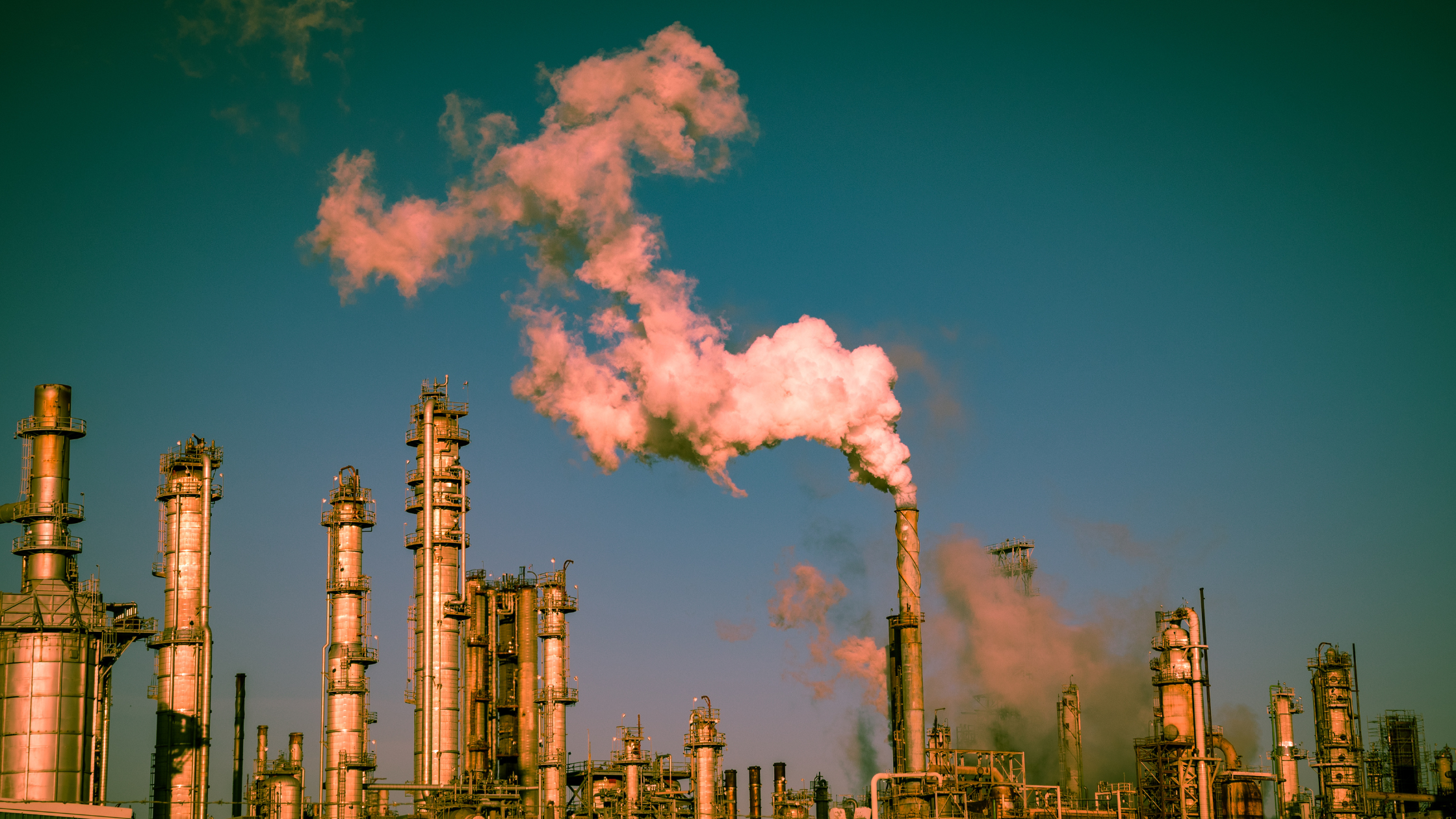
Billions of tonnes of carbon to be emitted by 20 nations’ proposed oil and gas projects by 2050: report
What’s happening? The top 20 global oil and gas producers are poised to release 173 billion tonnes of carbon emissions by 2050 as they invest in new fossil fuel exploration projects, drastically exceeding their Paris Agreement obligations and propelling global temperatures well beyond the 1.5C threshold, according to a report by Oil Change International. The United States stands out as the primary contributor to this significant growth in emissions, accounting for more than a third of the plans. The 20 nations are set to make up nearly 90% of projected carbon emissions from planned oil and gas ventures from 2023 to 2050. President Biden’s reluctance to curb the industry’s expansion has aggravated environmental concerns, spurring protests against fossil fuel proliferation, including a 75,000-strong march in New York City to mark the beginning of the city’s Climate Week. (DeSmog)
Why does this matter? Oil Change International’s report comes as UN nations prepare to meet in New York on September 20 at a high-level “Climate Ambition Summit”. Ahead of the meeting, UN Secretary-General António Guterres has urged G20 nations – many of whom are exposed in the report – to stop the climate crisis “spinning out of control” by reaching net zero as quickly as possible and committing to fresh climate pledges at the upcoming conference. However, the report’s findings reveal some of these nations plan to do the opposite by pumping billions into new fossil fuel extraction projects, which will generate CO2 emissions equivalent to more than 30 years’ worth of the US’ total carbon emissions.
Despite news of continued investment in oil and gas by leading economies, fossil fuel consumption will peak by 2030 and then fall into permanent decline as the world teeters on “the cusp of a historic turning point”, according to Fatih Birol, Executive Director at the International Energy Agency (IEA).
Reversing progress – The damning report argues that the 20 nations – dubbed “Planet Wreckers” by Oil Change International – risk reversing or failing to meet globally agreed climate-related targets and regulations. The planned oil and gas expansion plans would push global temperatures well above the 1.5C above pre-industrial levels agreed at COP26 in Glasgow and contravene the commitments made as part of the Paris Agreement. Failing to adhere to these commitments is particularly inexcusable, argues the report, because the five countries responsible for over 51% of the oil and gas expansion projects – the US, Canada, Australia, Norway, and the UK – have the greatest economic means to pivot from fossil fuels and achieve net-zero goals.
Indeed, while the IEA suggested that fossil fuel consumption will soon peak, the energy watchdog also warned in 2021 that no new oil and gas exploration development could go ahead if the world wanted to keep below the targets set at COP26 and as stated in the Paris Agreement.
Climate reparations – As many of the nations highlighted in the report are more economically developed territories, they could land in further hot water as the question of climate reparations gathers pace. For example, a study published in Nature Sustainability earlier this year suggested that wealthy nations owed less economically developed countries $192tn in climate reparations by 2050 due to wealthier economies surpassing their allotted carbon budget. More recent calls have also surfaced for an annual $100bn payment – described as a Loss and Damage Fund – paid to developing countries struggling with climate change-driven weather and natural disasters to offset the damages caused by these events.
Carbon tax – The question of financial penalties for highly polluting nations was also raised at September’s Africa Climate Summit in Nairobi. Instead of direct reparations, the attendees called for a global carbon tax regime in a joint statement known as the Nairobi Declaration. It urges richer, highly polluting nations “to rally behind the proposal for a global carbon taxation regime including a carbon tax on fossil fuel trade, maritime transport, and aviation,” so nations disproportionately impacted by climate change – many of which are on the African continent – can better prepare for extreme weather and invest in clean energy. The Intergovernmental Panel on Climate Change (IPCC) reports that Africa suffers from some of the worst impacts of climate change, including lower crop yields, droughts, and flooding, while it is estimated that the continent only receives about 12% of the $300bn it needs to cope with climate change-related natural disasters and changes in weather.
A recurring debate – According to a UN study, 90% of climate-related deaths occur in developing nations, despite only accounting for a fraction of the carbon emissions of wealthier economies. With the planned oil and gas projects expected to emit hundreds of billions and tonnes worth of carbon, which will drastically surpass the 20 nations’ allotted carbon budgets and throw their climate commitments into jeopardy, the issue of climate reparations and carbon taxes could resurface at the COP28 summit – although the US has already taken a firm stance against these suggested proposals.


